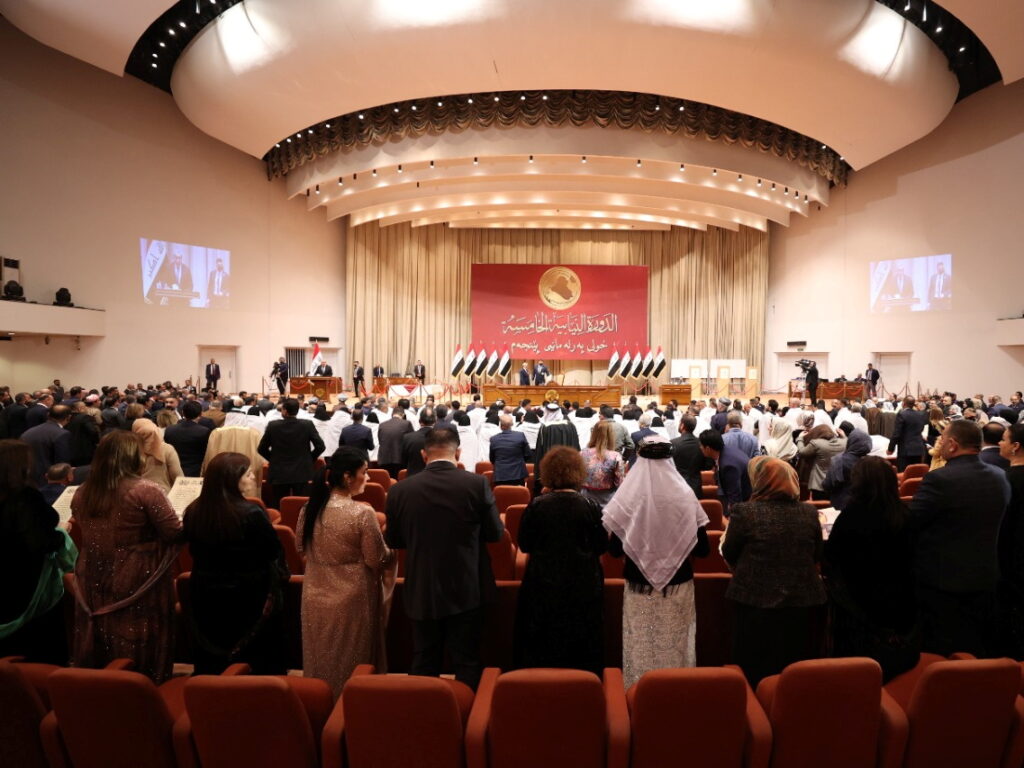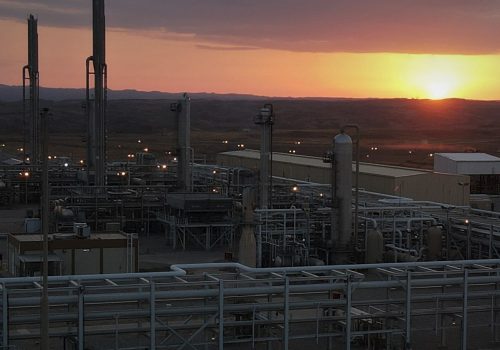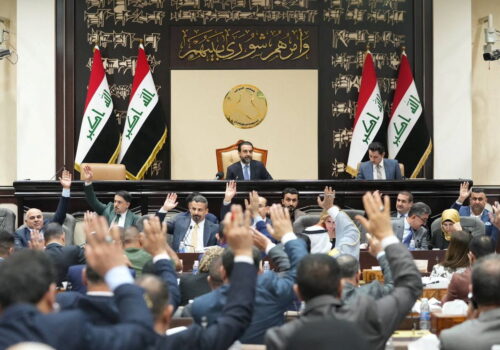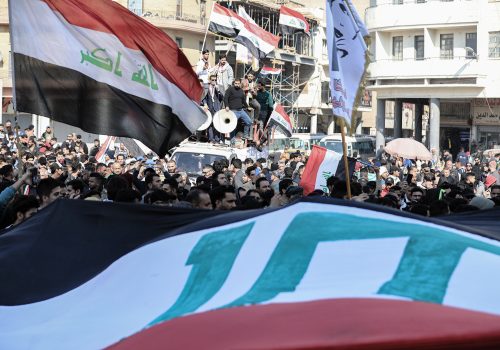Kurdistan’s share of the 2024 Iraqi budget: More than meets the eye
Iraq’s 2023-25 federal budget proposal, as initially proposed by the Council of Ministers, included three major departures from prior budgets in terms of its unprecedented spending plans, its three-year period instead of the usual one, and in how it dealt with the Kurdistan region of Iraq (KRI)’s share of the budget.
In particular, the sections of the 2023-25 budget proposal that address the KRI’s share in exchange for its contributions in oil exports addressed the contentious issue of federal allocations for the costs for the KRI’s oil production and exports. This was made by the inclusion among sovereign expenditures of around 50 percent of the payments to the international oil companies operating in the KRI, as well as the transportation costs of the KRI’s oil exports. The result was the end of contradictions inherent in similar sections that bedeviled prior budgets, which did not to take into account the key structural inconsistency of the Kurdistan regional government’s (KRG) own budget.
Essentially, the KRG budget needed the revenues both of its independent oil exports and of its share of the federal budget to meet most of its spending obligations. Consequently, the KRG could not honor its contributions to the federal budget in the form of oil exports, and therefore the government of Iraq could not release the KRI’s share of the budget, as that share was conditioned on its contributions in oil exports according to the same sections of prior budgets. Promisingly, the 2023-25 budget proposal’s sections pertaining to the KRI’s share in return for its contributions in oil exports, combined with the April 2023 agreement between the government of Iraq and the KRG on the resumption of the KRI’s oil exports, effectively amounted to an oil and gas revenue sharing mechanism. This mechanism had the potential to end the linked disputes over the developments of the country’s hydrocarbon resources and over the KRI’s share of the budget—and in time could have become a building block for a federal oil and gas law.
This oil and gas revenue-sharing mechanism, and with it the potential for a federal oil and gas law, were derailed by the Council of Representatives’ major changes to the 2023-25 budget proposal’s articles dealing with the KRI’s share of the budget. However, intentionally or not, the Council of Representatives did not make the corresponding changes to budget tables that dealt with the calculations of the KRI’s share. These unchanged calculations were preserved in the updated 2024 budget tables which were the subject of a companion piece, “Iraq’s 2024 budget: Not what it appears when it first meets the eye.” The KRI’s share of the budget has always been more than meets the eye, a share that increased meaningfully in the 2023-25 budget and increased further still in the updated 2024 budget tables, as this report will unpack.
The first part of this report reviews how this share is calculated, the details of the direct and indirect allocations making up this share, and the KRI’s contributions to the federal budget. The second part revisits the significant departures introduced to the KRI’s share by the 2023-25 budget and the 2024 updated tables. Finally, the third part looks at the reset of the relationship between the Kurdistan regional government and the government of Iraq that introduced these significant departures, even after the major changes introduced by the Council of Representatives to the budget’s articles.
Related content

The Iraq Initiative provides transatlantic and regional policy makers with unique perspectives and analysis on the ongoing challenges and opportunities facing Iraq as the country tries to build an inclusive political system, attract economic investment, and encourage a vibrant civil society.
Image: Iraqi Prime Minister Mohammed Shia al-Sudani and his Kurdish counterpart Masrour Barzani sign deal to restart northern oil exports in Baghdad, April 4, 2023. Iraqi Prime Minister Media Office/Handout via REUTERS


